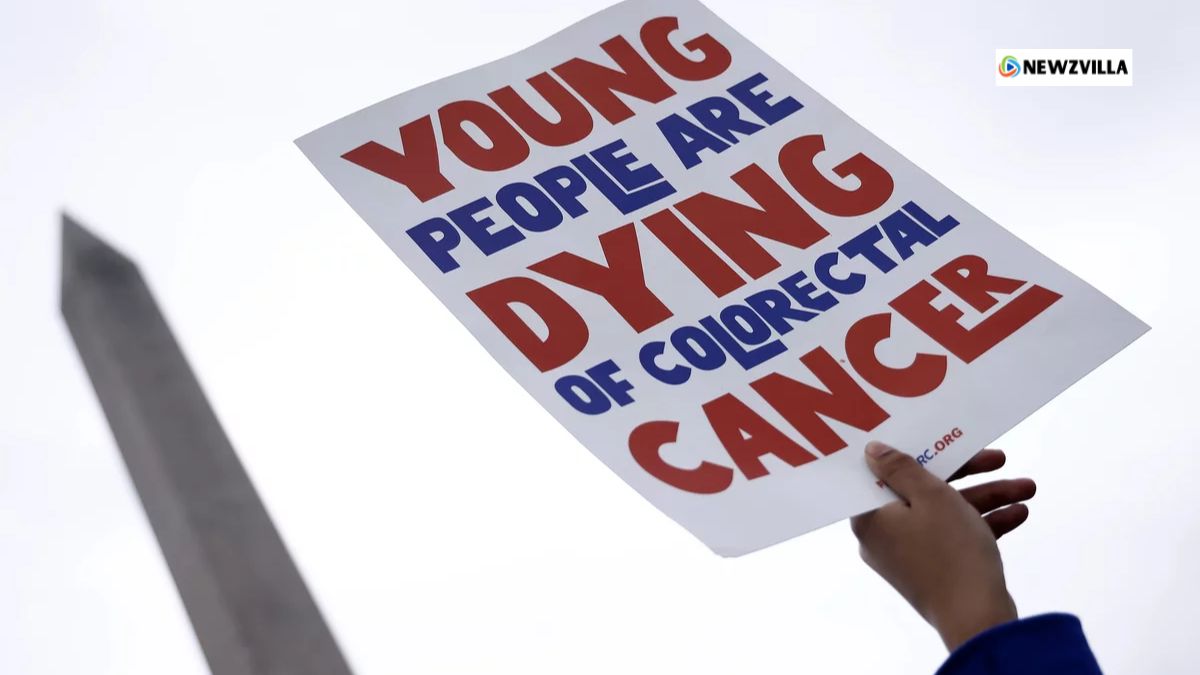Colorectal cancer is rising in young people. A growing body of evidence suggests diet and lifestyle play a role in the uptick.
1. Age is not a protective factor against colorectal cancer.
While 90% of colorectal cancer diagnoses typically manifest in individuals aged 50 and above, there is a concerning trend of increasing colorectal cancer cases among individuals under the age of 50. This notable rise has prompted a shift in national guidelines, now suggesting that colorectal screening should commence at the age of 45 for those at average risk, and at a younger age if there is a family history or other risk factors present. Regrettably, due to the tendency for these “young onset” cancers to be detected at advanced stages, the number of colorectal cancer-related deaths among younger individuals is on the rise as well.
2. Colorectal cancer among younger people will continue to rise
Studies estimate that by 2030, colon cancer rates in individuals aged 20 to 34 will surge by a substantial 90%, while rectal cancer rates are projected to soar by over 124%. The causes behind this alarming growth remain ambiguous, as noted by medical oncologist Deepak Vadehra, DO. Dr. Vadehra specializes in providing care for young adult patients grappling with colorectal at the esteemed Roswell Park Comprehensive Center.
“There are numerous intriguing theories that suggest a variety of factors could influence young-onset colorectal. These include dietary habits, particularly diets rich in red meat and processed foods, sedentary lifestyles, variations in metabolism, and differences in gut microbiome composition. Notably, younger individuals diagnosed with colorectal cancer exhibit distinct gut microbiome characteristics.” Dr. Vadehra’s research is dedicated to further exploring the complexities of young-onset colorectal.

3. Know the symptoms; don’t ignore them
Pay close attention to any body changes that could indicate colorectal. If you notice any unusual symptoms that persist for more than a few weeks, it is crucial to consult a healthcare professional for further evaluation. Be mindful of warning signs such as unexplained weight loss, persistent abdominal discomfort, changes in bowel habits, blood in the stool, and fatigue. Early detection plays a key role in successful treatment outcomes, so don’t hesitate to seek medical advice if you have any concerns.
- Blood in your stool, or bleeding from your bottom
- Changes in your bowel habits — for example, diarrhea or constipation
- Unexplained weight loss
- Unexplained anemia
- Changes in the caliber of your stool — for example, if it becomes pencil-thin
- A lump in your abdomen
- Abdominal discomforts, such as pain or cramping
- Weakness or feelings of tiredness
- The sensation that you need to have a bowel movement, even after you had one
“The most common thing I hear from younger patients is they thought the bleeding was due to hemorrhoids, and that’s what delayed their diagnosis,” says Dr. Vadehra. It is crucial not to overlook rectal bleeding as it can be a symptom of various conditions ranging from benign issues like hemorrhoids to more serious concerns like colorectal. Therefore, it is important not to assume the cause but to seek a definitive diagnosis through procedures like a colonoscopy, a flexible sigmoidoscopy, or at the very least an examination by a gastrointestinal specialist.
Also Read: Discover the 10 Benefits of Ginger Juice: Your Simple Morning Health Drink Explained!
4. You need to know your family history

Having a first-degree relative (parent, sibling, child) with colon or rectal cancer significantly increases your risk of developing the disease — and it changes when you need to begin screening. A first-degree relative with colon or rectal cancer means that you need to begin your own screening 10 years earlier than the age they were diagnosed.
For instance, if a family member was diagnosed at age 50, you should start screening by age 40, and possibly even earlier if other risk factors are present, such as multiple cancers in the family or a genetic syndrome. It’s crucial to stay informed about potential risks and to discuss screening options with your healthcare provider.
Other risk factors that may contribute to an increased risk of colorectal cancer include a personal history of colorectal polyps, Crohn’s disease, ulcerative colitis, Lynch syndrome, and other genetic mutations. Regular screenings and early detection play a key role in preventing and managing colorectal cancer.
5. Healthy eating and behaviors matter
Achieving a healthy weight requires a combination of exercise and a well-rounded diet. Emphasize whole grains, high-fiber foods, as well as a variety of fruits and vegetables. Reduce consumption of red meat and alcohol. Lastly, steer clear of smoking or any tobacco products for optimal health.
For further updates, please follow: NEWZVILLA







Leave feedback about this